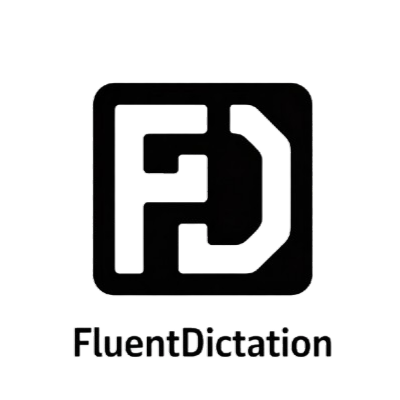How ancient art influenced modern art - Felipe Galindo – YouTube Dictation Transcript & Vocabulary
Welcome to FluentDictation, your best YouTube dictation website for English practice. Master this C1 level video with our interactive transcript and shadowing practice tools. We've broken down "How ancient art influenced modern art - Felipe Galindo" into bite-sized segments, perfect for dictation exercises and pronunciation improvement. Read along with our annotated transcript, learn essential vocabulary, and enhance your listening skills. 👉 Start dictation practice
Join thousands of learners using our YouTube dictation tool to improve their English listening and writing skills.

📺 Click to play this educational video. Best viewed with captions enabled for dictation practice.
Interactive Transcript & Highlights for Dictation
1.The term modern art sounds like it means art that is popular at the moment, but in fact, modern art is a style that originated over 150 years ago, and includes artists that by now have attained classic status, such as Picasso, Matisse, and Gauguin
2.And what's even more ironic is that the movement they pioneered, considered revolutionary and even scandalous at the time, was inspired largely by an object of a traditional and ancient design
3.As far back as the Renaissance, the primary European art movements emphasized conventional and adherence to classical forms
4.But that began to change in the late 19th century as artists like Van Gogh and Cézanne expanded the boundaries of painting
5.Soon, a movement arose that sought to create an entirely new style of art, and one way of doing so was to look beyond Western civilization
💡 Tap the highlighted words to see definitions and examples
Key Vocabulary (CEFR C1)
appropriating
B1To make suitable; to suit.
Example:
"appropriating ideas and profiting from cultures they considered primitive?"
profiting
A2To benefit (somebody), be of use to (somebody).
Example:
"appropriating ideas and profiting from cultures they considered primitive?"
primitive
B2An original or primary word; a word not derived from another, as opposed to derivative.
Example:
"appropriating ideas and profiting from cultures they considered primitive?"
representation
B2That which represents something else.
Example:
"the primary European art movements emphasized conventional representation"
distorted
A2To bring something out of shape, to misshape.
Example:
"distorted yet primal in its raw geometry,"
sensation
B2A physical feeling or perception from something that comes into contact with the body; something sensed.
Example:
"And these avant-garde qualities caused a sensation"
constantin
A2A A2-level word commonly used in this context.
Example:
"Constantin Brâncuși and Amedeo Modigliani in Paris,"
pre-columbian
B1A B1-level word commonly used in this context.
Example:
"Pre-Columbian art was also a major influence for Josef Albers."
initiated
A2To begin; to start.
Example:
"initiated one of the most revolutionary movements in art history,"
questions
A2A sentence, phrase or word which asks for information, reply or response; an interrogative.
Example:
"Questions like this deserve scrutiny, as artists continue to redefine standards."
| Word | CEFR | Definition |
|---|---|---|
| appropriating | B1 | To make suitable; to suit. |
| profiting | A2 | To benefit (somebody), be of use to (somebody). |
| primitive | B2 | An original or primary word; a word not derived from another, as opposed to derivative. |
| representation | B2 | That which represents something else. |
| distorted | A2 | To bring something out of shape, to misshape. |
| sensation | B2 | A physical feeling or perception from something that comes into contact with the body; something sensed. |
| constantin | A2 | A A2-level word commonly used in this context. |
| pre-columbian | B1 | A B1-level word commonly used in this context. |
| initiated | A2 | To begin; to start. |
| questions | A2 | A sentence, phrase or word which asks for information, reply or response; an interrogative. |
Want more YouTube dictation drills? Visit our practice hub.
Want to translate multiple languages at once? Visit our Want to translate multiple languages at once? Visit our Multiple Language Translator.
Grammar & Pronunciation Tips for Dictation Practice
Chunking
Notice how the speaker pauses after specific phrases to help comprehension.
Linking
Listen for connected speech patterns when words flow together.
Intonation
Pay attention to how pitch changes to emphasize important information.
Video Difficulty Analysis & Stats
Downloadable Dictation Resources & Materials
Download Study Materials
Download these resources to practice offline. The transcript helps with reading comprehension, SRT subtitles work with video players, and the vocabulary list is perfect for flashcard apps.
Ready to practice?
Start your dictation practice now with this video and improve your English listening skills.
